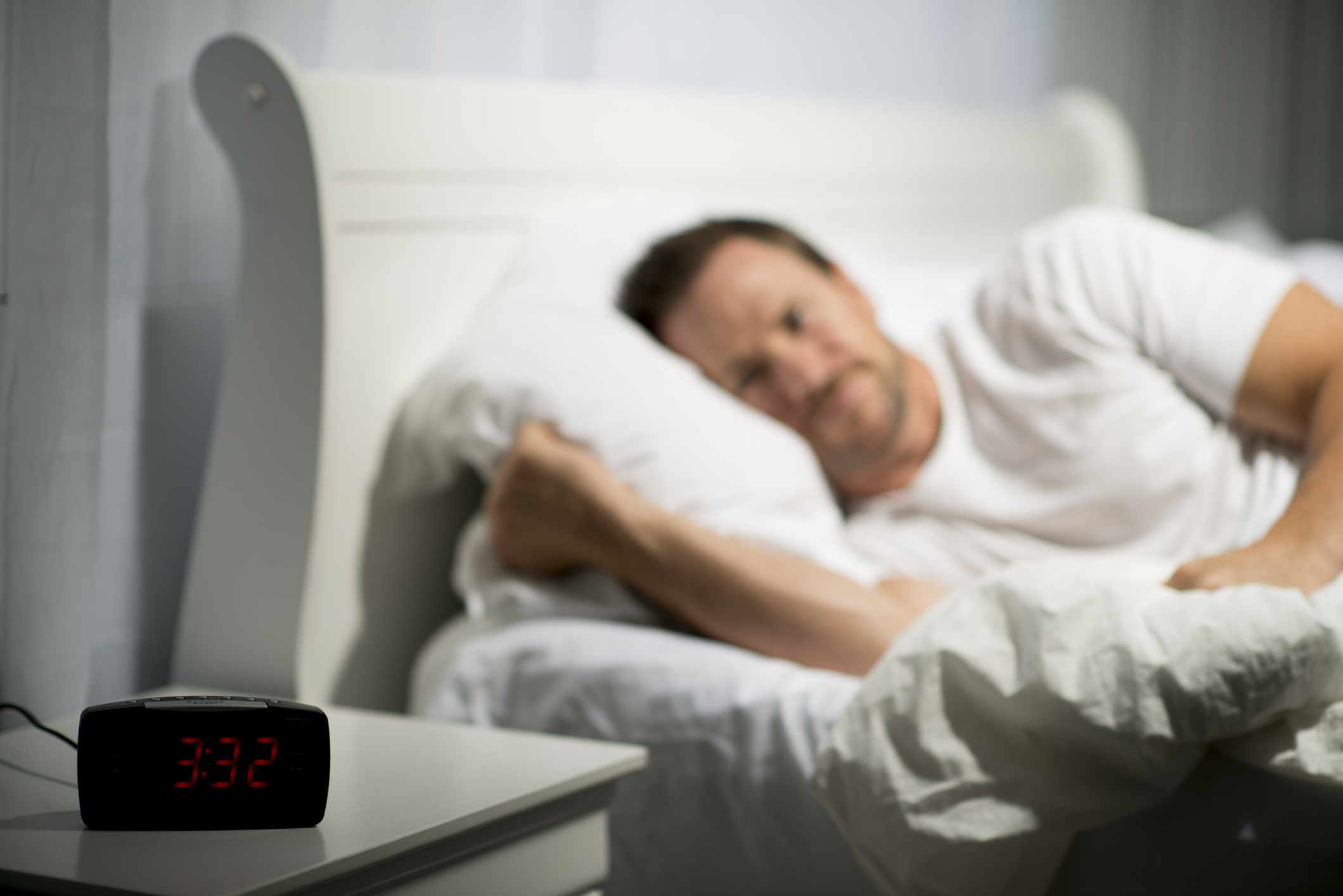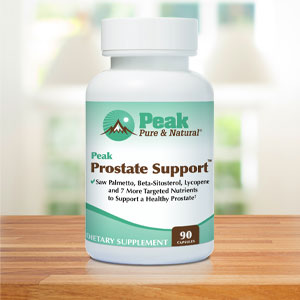Get Easy Health Digest™ in your inbox and don’t miss a thing when you subscribe today. Plus, get the free bonus report, Mother Nature’s Tips, Tricks and Remedies for Cholesterol, Blood Pressure & Blood Sugar as my way of saying welcome to the community!
The sleep solution that rivals pills to tackle insomnia

If you’re one of the almost 60 million Americans who suffer from poor sleep, you know firsthand how not getting enough rest can not only affect your daily activities but also impact your health.
According to cardiologist Dr. Elizabeth Klodas, during sleep, your heart rate and blood pressure drop, reducing the workload on your cardiovascular system. This nightly “reset” allows your heart to recover and prepare for the next day. The body also regulates stress and hunger hormones during sleep.
So it’s no wonder poor sleep is linked to increased risks for heart attack, stroke, diabetes, dementia, hypertension, depression, respiratory disease and more.
It can be tempting turn to sleep aids, but there are many reasons we shouldn’t…
For starters, they can keep the glymphatic system from doing an important job: Clearing waste from the brain while you sleep.
And for people over 65, who have slower metabolisms, both OTC and prescription sleep aids pose unique dangers, including upping their fall risk.
Luckily, there is a natural way to boost your sleep that researchers say rivals pills in effectiveness — yet comes with zero unwanted side effects.
Thanks to its benefits and its safety, they’re calling for it to be “the primary treatment strategy for poor sleep.”
Taking an exercise-based approach
The findings of their research show that the use of certain exercises restores healthy sleep patterns by altering brain activity and hormonal levels, improving relaxation, curbing inflammation and more.
They say these exercises may not only work as well as pills, but also as effectively as cognitive behavioral therapy (CBT) — which is considered a gold-standard insomnia treatment, but can be difficult for patients to access and pay for.
So which exercises can help you get the ZZZ’s you need to take back your life and your health?
Here’s the list, along with the sleep results they can offer:
- Yoga – The results showed that practicing yoga could help boost your sleep time by nearly two hours and improve your sleep efficiency (the ratio between the time you spend asleep and the total time dedicated to sleep) by nearly 15%. Yoga has the added benefit of reducing the amount of time spent awake after falling asleep by nearly an hour, and shortening sleep latency (the time it takes to fully fall asleep) by around half an hour.
- Walking or jogging – Engaging in physical activity, such as taking a walk or increasing it to a jog, was shown to reduce insomnia severity by nearly 10 points.
- Tai Chi – The practice of Tai Chi was found to be especially powerful for sleep, reducing poor sleep quality scores by more than four points, increasing total sleep time by more than 50 minutes, and reducing time spent awake after falling asleep by over half an hour. It also shortened sleep latency by almost 25 minutes. Tai Chi was even shown to work better for sleep for all outcomes than existing treatments, including prescription sleep aids and cognitive behavioural therapy, for up to two full years!
I don’t know about you, but after reading those results, I’m already Googling Tai Chi YouTube videos.
The biology behind the benefits
So, how does exercise work to improve sleep? Here’s what the researchers say is the secret sauce…
For yoga, they say that it helps to alleviate the anxiety and depression that can keep you from getting a good night’s sleep by focusing your attention on body awareness and controlled breathing.
Walking or jogging offers benefits like increased calorie burn, lowered stress hormones and improved emotional regulation. It can also enhance the production of melatonin, your body’s natural sleep hormone. (Keep in mind your body requires adequate levels of vitamin D to produce melatonin.) All of this can mean more time spent in the deep sleep you need to feel truly rested.
Finally, like yoga, Tai Chi emphasizes breath control and relaxation. These actions calm sympathetic nervous system activity and the hyperarousal levels that can keep you tossing and turning in bed. Additionally, the gentle, low-impact exercise combines meditative movement and mindfulness to promote emotional regulation, deactivate ‘mental chatter’ and reduce anxiety.
And my favorite benefit of Tai Chi is how it can help to “curb the production of inflammatory chemicals over longer periods.”
That could benefit not only your sleep, but your overall health, since chronic inflammation is a known disease trigger.
Clearly, if you want to sleep better, choosing one of these exercises should be your #1 choice of “prescription.”
You might not notice improvements immediately, but keep at it. Anything worthwhile takes time and practice.
Editor’s note: Did you know that when you take your body from acid to alkaline you can boost your energy, lose weight, soothe digestion, avoid illness and achieve wellness? Click here to discover The Alkaline Secret to Ultimate Vitality and revive your life today!
Sources:
Tai chi, yoga, and jogging rival pills for beating insomnia — ScienceDaily
Why you should take sleep as seriously as nutrition and exercise — Easy Health Options














